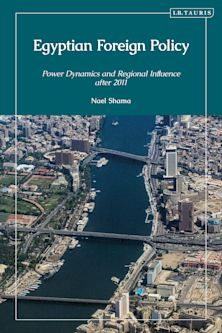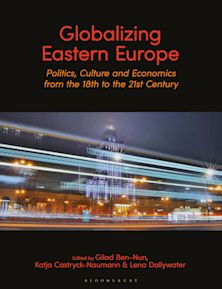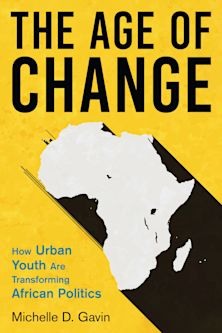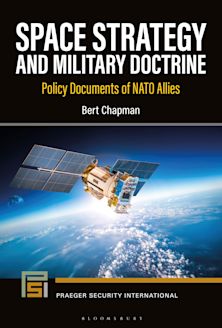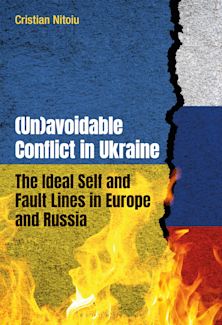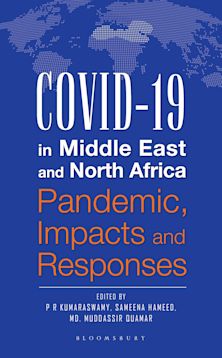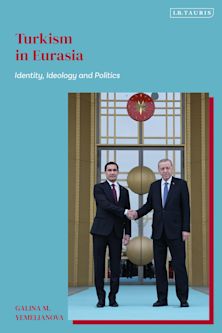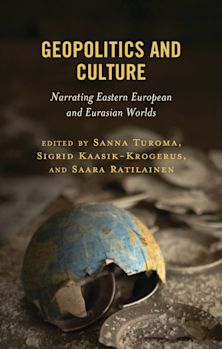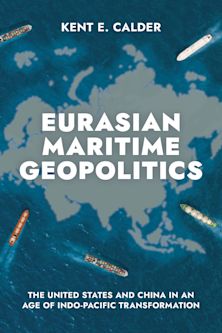This product is usually dispatched within 2-4 weeks
- Delivery and returns info
-
Flat rate of $10.00 for shipping anywhere in Australia
Description
This thought-provoking and clearly argued text provides a critical geopolitical lens for understanding global environment politics. A subfield of political geography, environmental geopolitics examines how environmental themes are used to support geopolitical arguments and physical realities of power and place. Shannon O’Lear considers common, problematic traits of such familiar but widely misunderstood narratives about human-environment relationships. Mainstream themes about human-environment relationships include narratives about presumed connections between human population trends and resource scarcity; ways in which conflict and violence are linked to resource use or environmental degradation; climate security; and the application of science to solve environmental problems. O’Lear questions these narratives, arguing that the role or meaning of the environment is rarely specified, humans’ role in these situations tends to be considered selectively, and little attention is paid to spatial dimensions of human-environment relationships. She shows that how we tend to think about environmental concerns often obscure value judgments and constrain more dynamic approaches to human-environment relationships. Environmental geopolitics demonstrates how we can question familiar assumptions to generate more just and creative approaches to our many relationships with the environment.
Table of Contents
Acknowledgments
Chapter 1: Introduction to Environmental Geopolitics
Chapter 2: Population and Environment
Chapter 3: Resource Conflict and Slow Violence
Chapter 4: Climate Change and Security
Chapter 5: Science, Imagery, and Understanding the Environment
Chapter 6: Building from Here
References
Inddex
About the Author
Product details
| Published | 12 Mar 2018 |
|---|---|
| Format | Paperback |
| Edition | 1st |
| Extent | 216 |
| ISBN | 9781442265813 |
| Imprint | Rowman & Littlefield |
| Illustrations | 25 b/w photos; 4 maps; 3 graphs |
| Dimensions | 231 x 149 mm |
| Series | Human Geography in the Twenty-First Century: Issues and Applications |
| Publisher | Bloomsbury Publishing |














